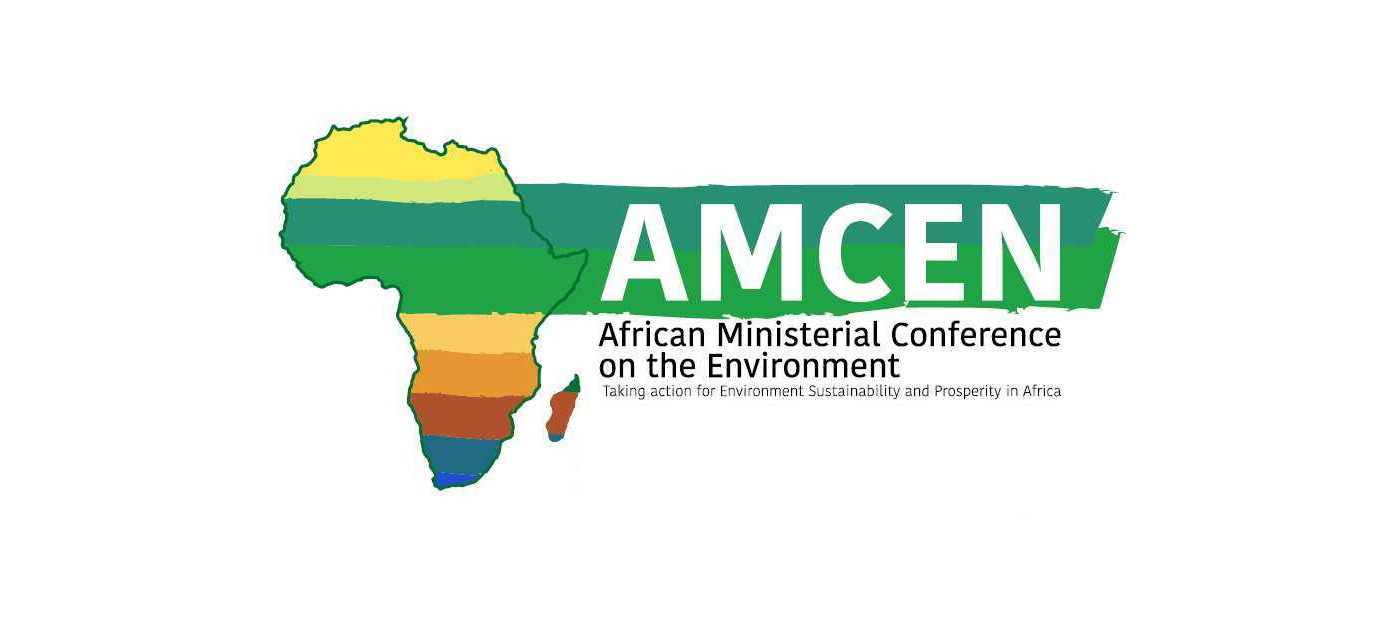African Ministers of the Environment Call for Fast Climate Action on Super Pollutants

Durban, South Africa— Today African ministers of the environment at the 17th session of the African Ministerial Conference on the Environment (AMCEN) called for fast action on short lived climate pollutants, or super pollutants, — methane, tropospheric ozone, black carbon and hydrofluorocarbons (HFCs)— for climate mitigation.
The Climate and Clean Air Coalition’s Integrated Assessment of Black Carbon and Tropospheric Ozone confirmed taking fast, ambitious action to reduce super pollutants can cut the rate of global warming in half and Arctic warming by up to two-thirds. Further nothing, aggressive cuts to super pollutant emissions can avoid twice the warming that aggressive cuts to CO2 can by mid-century, and deliver multiple benefits for sustainable development and human well-being.
In decision AMCEN 17/ 2 on climate change, the ministers, “emphasize the benefits of improving air quality, including through managing, and as nationally appropriate reducing short-lived climate pollutants, to environment, agriculture, health and forest conservation, while responding to agenda 2063 aspirations and the SDGs , noting the need for assessment of linkages between policies to address air pollution and policies to address climate change.”
The ministers acknowledged the importance of the recent findings of the international scientific community on climate change, including the three recent special reports of the IPCC, Report on Global Warming of 1.5°C, Climate Change and Land Report, Ocean and Cryosphere in a Changing Climate, all which also note the importance of super pollutant mitigation for climate action.
Further, the ministers urged African states which have not yet ratified the Kigali Amendment to the Montreal Protocol to ratify and implement it as soon as possible (decision AMCEN17/1), and urged Parties to the Montreal Protocol to adopt action plans “preventing the market penetration of obsolete equipment while facilitating access to secure and energy-efficient technologies.”
A combined strategy to improve the energy efficiency of cooling equipment while phasing down HFC refrigerants under the Kigali Amendment to the Montreal Protocol presents one of the biggest mitigation opportunities available today. The Montreal Protocol’s 2018 quadrennial Scientific Assessment of Ozone Depletion, confirmed that a fast phasedown of HFCs could avoid up to 0.5°C of warming, with the initial schedule of the Kigali Amendment capturing 90% of this potential (0.44°C; range 0.4-0.5°C), and can capture the rest with an accelerated schedule, or leapfrog strategy. Beyond phasing down HFCs, improving the energy efficiency of air conditioners and other cooling equipment has the potential to double the climate benefits of the Kigali Amendment in the near-term.
Lawrence Berkeley National Energy Laboratory calculates that deploying today’s best available energy efficient technologies for stationary air conditioning and refrigeration can cut cumulative emissions from the stationary air conditioning and refrigeration sectors by 38–60 GtCO2e by 2030, by 130–260 GtCO2e by 2050, and by 210–460 by 2060, depending on future rates of de-carbonization of electricity generation.
Like the strategies for reducing all super pollutants, the strategies for improving energy efficiency of cooling equipment can be deployed quickly, at scale, and at low cost.
The decisions were adopted by Africa’s environment ministers at the 17th session of the African Ministerial Conference on the Environment, held under the theme “Taking action for Environmental Sustainability and Prosperity in Africa”, which convened at the Olive Convention Center in Durban 11-15 November.
